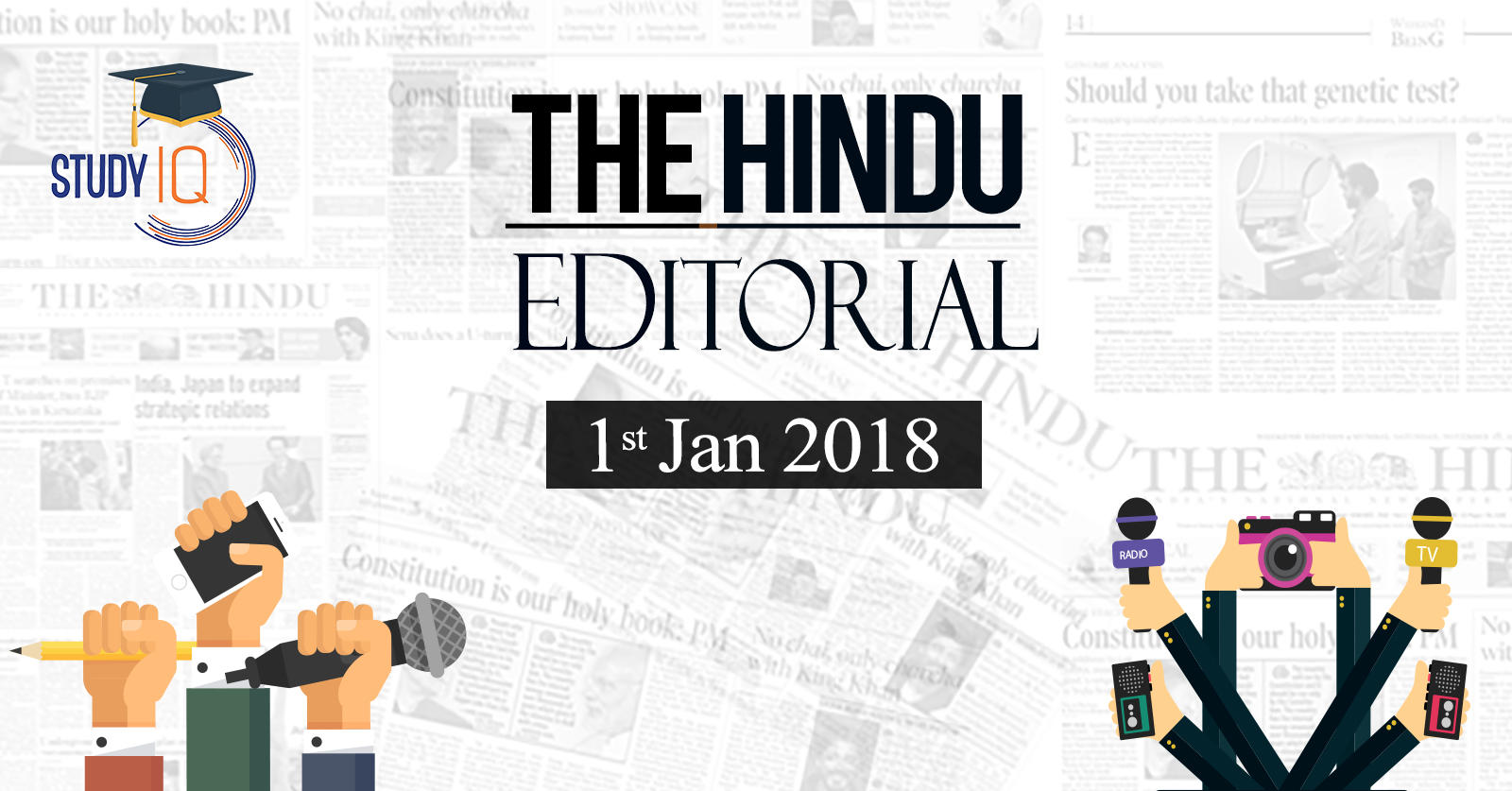Table of Contents
- Ruskin Bond (born 19 May 1934)
is an Indian author of British descent.
He lives with his adopted family
in Landour, in Mussoorie, India. - The Indian Council for Child Education has recognised his role in
the growth of children’s literature in India. - He got the Sahitya AkademiAward in 1992 for Our Trees Still Grow in Dehra, for his published work in English.
- He was awarded the Padma Shri in 1999 and Padma Bhushan in 2014
The liberation of Goa
- How Nehru defined the U.S. and used force against the Portuguese
- While Jawaharlal Nehru advised the U.S., the then Soviet Union,and other big powers to abjure force and work towards disarmament, he was himself faced with a dilemma in 1961: whether or not to use force to liberate Goa. It was an agonising decision for a person who adopted the Gandhian approach in international affairs.
- After Britain and France left India, it was expected that Portugal would leave too- But Portugal refused
- Portugal said that the Goan Catholics would not be safe if it left.
- It was natural that Goa, which had seen a long indigenous freedom movement, should be a part of India.
- In the rest of India, people began demanding that Goa be liberated forcibly.
- In 1955,a satyagraha was launched by the communist and socialist parties for the freedom of Goa. When the satyagrahis entered Goa, the Portuguese opened fire, killing 20 Indians.
- Nehru imposed an economic blockade
- It was in 1957, in a letter toVinoba Bhave, that Nehru •first hinted at the possibility of military action
- In December 1961, Portuguese soldiers in Goa •red at villagers
- Nehru decided to free Goa by force.
“Air, water and grains”
- Clean air, or on atmospheric pollution, we would we •find, •first, that India today is among the world‟s largest
carbon emitters, following China, the U.S. and the European Union, is hurting itself by the global rise in
extreme climate events and water and food crises - Non-binding Paris Agreement on climate change, India has undertaken a huge moral responsibility in terms
of reducing the emissions intensity of its GDP by 33-35% by 2030 from 2005 levels - Most stark, with the U.S. pulling out of the treaty, the •financial aid
- Water, is even more worrisome. For millennia India has lived from monsoon to monsoon.
- But now, the relentless thirst of 1.3 billion Indians for water — domestic,agricultural, industrial,„construction‟
- Our groundwater as a resource is hopelessly overdrawn.
- Per capita availability of water in India dropped from 6,042 cubic m in 1947 to about 1,545 cubic metres in 2011
- By 2030, India‟s water scarcity will have reached alarming proportions.
- 21% of communicable diseases in India are caused by poor and un-overseen water supply
- Grain — is in dire distress. Behind the dispossession caused by the real estate mafia and corporates,
the corrosive impact of cash-cropping - Fourth for Swaraj.And that lay in his words,“we have a right to
question.” This fourth extended to political rights, social and economic rights
For a wider pool
- The burden of volunteering for clinical trials must not fall only on the poor and vulnerable
- Clinical trials involving human subjects have long been a •as
flashpoint between bioethicists and clinical research organisations (CROs) in India. - Landmark amendments to the Drugs and CosmeticsAct in 2013 led to better protection of vulnerable groups such
as illiterate people, but more regulation is needed to ensure truly ethical research. - CROs have argued that more rules will stifle(suffocate) industry, truth is that ethical science is often better science
- CROs recruit them selectively, exploiting •financial need and medical ignorance
- Selectiveness in recruiting subjects for clinical trials leads not
only to human rights violations but also to bad science. - Civil society’s vigilance is vital.
Prelims Focus Facts-News Analysis
- Page-1-„Maoist incidents fewer in 2017‟
- An official of the Union Home Ministry attributed the decline to “att
rition of various level cadres of Maoists”and the other to
the possibility of Maoists “deliberately lying low.” - According to data, 851 incidents were reported till December 15, 2
017,compared to 1016 during the corresponding period last year. - Page-1-Women can perform Haj alone: PM
- In his last Mann Ki Baat address of the year on Sunday, Prime Minister Narendra Modi reached out to
Muslim women, highlighting his government‟s attempt at facilitating their
travel for Haj pilgrimage without a male companion. - “Our Ministry of MinorityA•airs initiated corrective measures and we
eased this restriction by phasing out a tradition that had been in practice for the past 70 years. - Page-3- Arunachal declared open defecation-free State
- Attains the feat much before the national deadline
- Arunachal Pradesh on Sunday emerged as the second
State in the Northeast, after
Sikkim, to be declared
Open Defecation Free. - Arunachal has 21 districts and
the State attained the feat much before the
national deadline of October 2, 2019 - Page-5-New night frog species found
- Nyctibatrachus mewasinghi was discovered in theWestern Ghats
- A new frog from Kerala is the latest contribution to the
spurt in amphibian discoveries across India: scientists
have just discovered the Mewa Singh‟s night frog, belonging to a genus endemic
to theWestern Ghats, from Kozhikode‟s MalabarWildlife Sanctuary. - 2 new ginger species found in the northeast
- Hedychium chingmeianum was located in Nagaland,
- while Caulokaempferia was found in Manipur





















 WhatsApp
WhatsApp